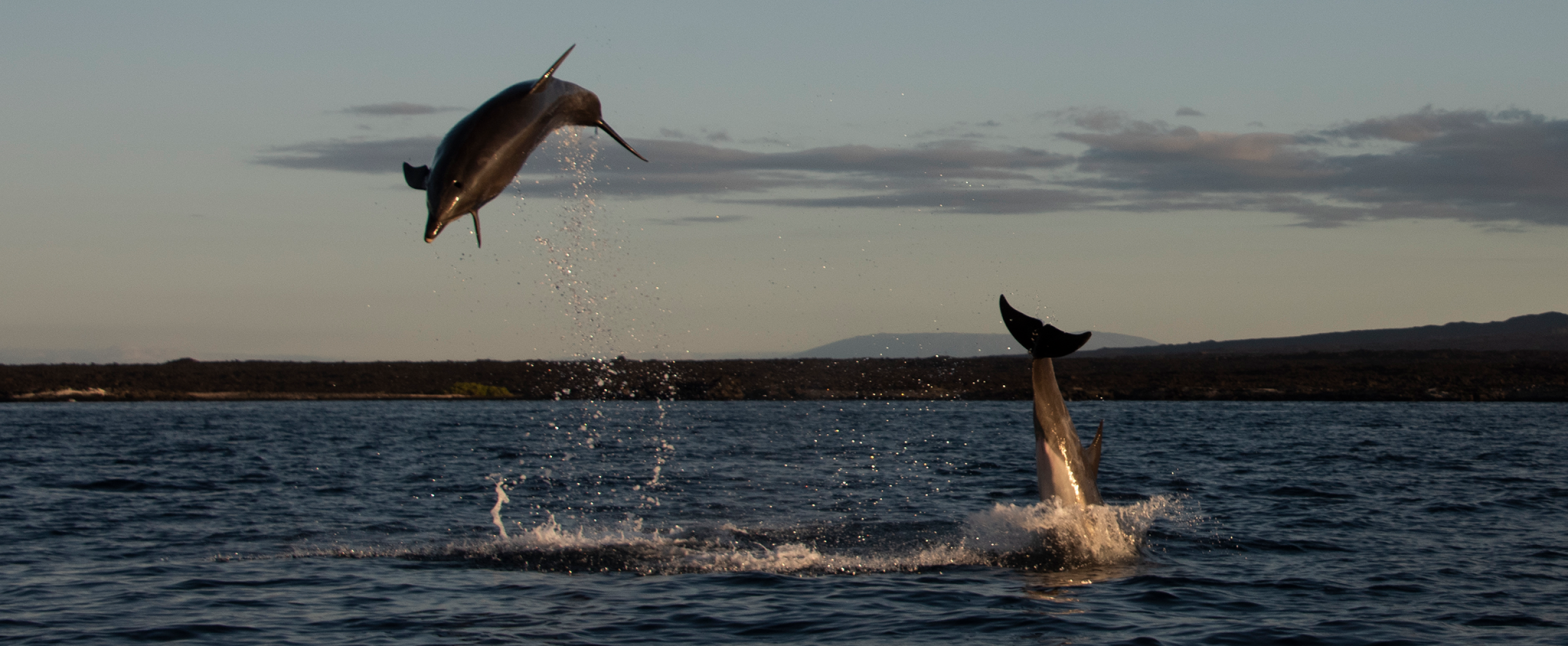This abroad will use a dramatic journey between the vastly different ecosystems of the lowland tropical forests of the Amazon Basin across one of the earth’s highest mountain ranges, to the biodiverse and unique Galapagos Islands to give students not only the opportunity to learn how environment influences biodiversity, but also to place that new knowledge into cognitive and cultural perspective.
The multidisciplinary academic focus of the trip is natural history and philosophy, with country studies and Spanish language providing the cultural and linguistic context and accompanying intercultural competence skills needed to navigate and understand the human environment the students will encounter.
The natural history focus of the program will help students develop a sense of place, using a scientific approach. How does the environment influence what type of flora and fauna live in that environment? How do biotic and abiotic factors influence the biodiversity of a place? While philosophy may seem like a big jump from the natural history being covered in the biology classes, it actually supports the topic nicely. The philosophy course will focus on epistemology (the study of knowledge); more precisely, we will study how knowledge is gained, interpreted, and used. Our model for this dichotomy between gaining facts and developing knowledge comes from the foundational journey of Charles Darwin, who served as a substitute naturalist on the five-year, round-the-world voyage of the HMS Beagle.
At just 22 years old, Darwin explored and documented vastly different environments from what he knew in his native England. His lens was that of a biologist and geologist, and, while still influenced with the largely scholastic perceptions of his time, his new scientific knowledge and the improved scientific processes of his era (particularly the Scientific Method) led him to use that knowledge to revolutionize what was known of the natural and physical world. It led him to formulate the theory of natural selection, one of the most enduring and revolutionary ideas in modern science. Understanding the social and environmental issues that Darwin was dealing with will provide a fantastic example of how these same factors need to be navigated today in our pursuit of knowledge.
Our host throughout the abroad is Universidad San Francisco de Quito (USFQ), a large, private, liberal arts University in Ecuador. This University regularly supports study abroad programs of other colleges and universities and hosts more than 1,000 international students each year. It maintains cooperative arrangements with the University of North Carolina and Boston University, who co-share the management of their research stations in the Galapagos on San Cristobal (UNC) and in the Amazon basin at Tuputini Research Station (BU).
“ … it appears that nothing can be more improving to a young naturalist, than a journey in distant countries.” – Charles Darwin
